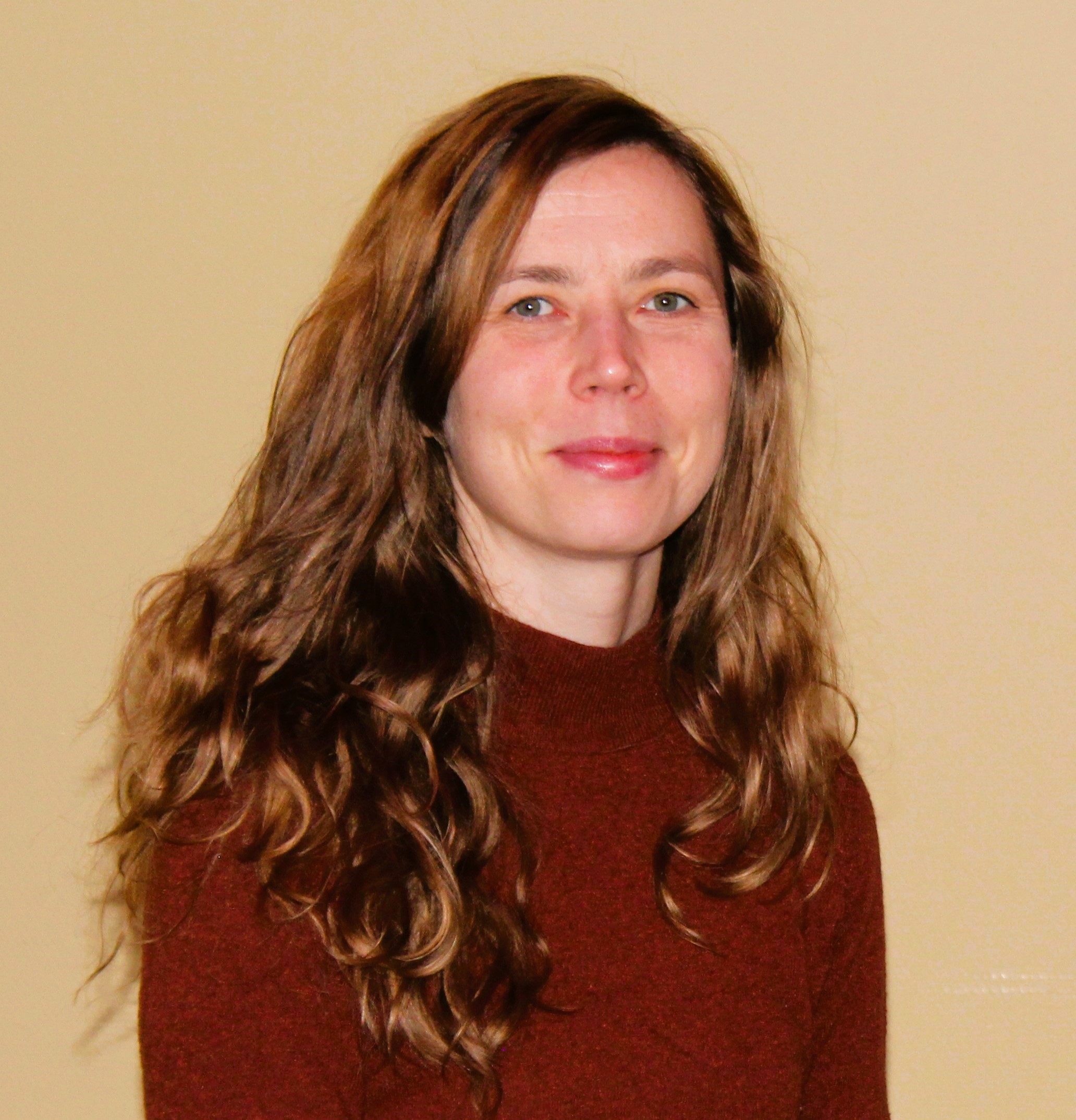
Personalized health services (PERSONFORSK)
At PERSONFORSK, we research innovation and personalization of health services toward optimal understanding, user participation and effectiveness. We approach health service research from a human-centered, relational, and data-driven perspective.
Health service consumption involves human beings meeting with professionals to receive help with a health concern. Successful health service consumption leads to improved individual health and overall quality of life. Success is contingent on whether the individual’s health issue and health context are sufficiently understood. Quality understanding emerges when patients and professionals safely and effectively communicate about health and needs in relational as well as technology-supported processes.
PERSONFORSK is built on a foundational tenet: Health service research should contribute to dismantling the artificial divide between mental and physical health, engaging the whole person throughout their healthcare journey. By 'the whole person,' we mean considering the aspects that contribute to illness or health problems, as well as those that contribute to their overall health and resources.
Every individual receiving healthcare services exists within a dynamic balance of both. Sustainable health services invite and involve resources and the concerns of the individual patient to participate and contribute to treatment processes.
Health service consumption involves human beings meeting with professionals to receive help with a health concern. Successful health service consumption leads to improved individual health and overall quality of life. Success is contingent on whether the individual’s health issue and health context are sufficiently understood. Quality understanding emerges when patients and professionals safely and effectively communicate about health and needs in relational as well as technology-supported processes.
Therefore, PERSONFORSK has a special focus on developing and implementing projects that study how the treatment relationship/collaborative process between a healthcare provider and a patient contribute to personalization, quality, utility, and/or the effectiveness of the treatment. Additionally, PERSONFORSK develops technologies and research projects to innovate personalized health data collection from the patient to guide treatment decisions and process toward precision.
PERSONFORSK is committed to employing advanced mixed methods in our research. We integrate diverse research approaches to deepen our understanding, particularly within participatory action research structures, in committed collaboration with practice. Our methodology involves using qualitative in-depth methods either independently or in conjunction with advanced quantitative methods, ensuring reliable data interpretations for each individual patient.
Members of the research group teach and supervise in the PhD program Health, Function and Participation, as well as in the Master in Interaction and Public Health, Master in Clinical Physiotherapy, and Master's programs in nursing.
Research projects
Selected ongoing projects
- Evolution of the Ostomy Adjustment System (OAS) in Norway: A Comprehensive Journey from Conception to Implementation and Beyond
- Health and Quality of Life Before and After Surgical Treatment for Severe Obesity
- Pain after Surgery - a Research and Innovation Project
- Advanced Personalized Progress Monitoring in Post-Stroke Rehabilitation (Appirh)
- Personalized and data-driven specialty care.Health service research based on patient data in routine practice
You can read more about the research group for personalized health services at Health Research Sogn og Fjordane.
An overview of the research group's activities and results.
Research group leader
Deputy leader
Research coordinator
Members
Members
- John Roger Andersen
- Kari Eldal
- Anny Aasprang
- Pål Andre Hegland
- Runar Tengel Hovland
- Andrew McAleavey
- Eili Nygard Riise
- Stig Magne Solstad
- Gunn Karoline Fugle
- Randi Stubhaug Gamlestøl
- May-Ina Kjøsnes Jarning
- Jeanette Svarstad
- Bente Egge Søvde
- Hildegunn Styve Borkamo
- Villy Våge
- Marius Veseth
- Jone Ravndal Bjørnestad
- Jane Ogden
- Kirsten Lerum Indrebø
- Gøril Kleiven
- Kristina Osland Lavik, PhD Candidate
- Kristin Vassbotn Guldhav, PhD Candidate
- Florin Hopland-Nechita, PhD Candidate
- Mariann Vigdal, PhD Candidate
- Cecilie Merethe Øvrebotten
- Janne Cecilie Øvrevold Låver, PhD Candidate
- Yeu Jin Ki, PhD Candidate
- Hans Jacob Westbye, PhD Candidate
- Lill Anette Juvik, PhD Candidate
- Kari Heggedal Longvastøl, PhD Candidate
- Janne-Merete Torset Øien, PhD Candidate
- Siri Dahl Aune, PhD Candidate
- Eirin Gjerde,PhD Candidate
National and regional partners
National and regional partners
- Målfrid Råheim, University of Bergen
- Jone Ravndal Bjørnestad, University of Stavanger and Stavanger University Hospital
- Marius Veseth, University of Bergen
- Norse Feedback
- Heidi Brattland, Norwegian University of Science and Technology and St. Olavs Hospital HF, Trondheim University Hospital
- Trine Tetlie Eik-Nes, Norwegian University of Science and Technology
- Tone Norekvål, Haukeland University Hospital and University of Bergen
- Villy Våge, Haukeland University Hospital
- Aslak Hjeltnes, University of Bergen
- Torgeir Gilje Lid, Stavanger University Hospital and University of Stavanger
- Magnus Nordvik Strømmen, St Olavs Hospital, Trondheim University Hospital
- Jørgen Gustav Bramness, Norwegian Institute of Public Health
- Christian Beisland, Haukeland University Hospital and University of Bergen
- Tonje Lundeby, Oslo University Hospital
International partners
International partners
- Ronette L. Kolotkin, Duke University School of Medicine, USA
- Jane Odgen, University of Surrey, UK
- John Mellor-Clark, Birmingham City University, UK
- Louis Castonguay, Penn State University, USA
- Sam Nordberg, Reliant Medical Group, USA
- Sidse Marie Arnfred, Copenhagen University and Psychiatry West
- Susan Douglas, Vanderbilt Vanderbilt Peabody College, USA
- Tineke Abma, Leiden University Medical Centre, Netherlands

